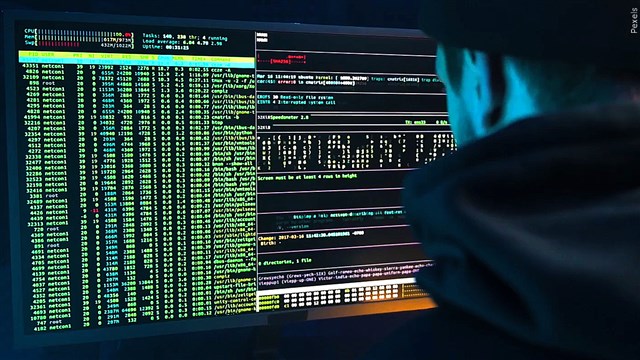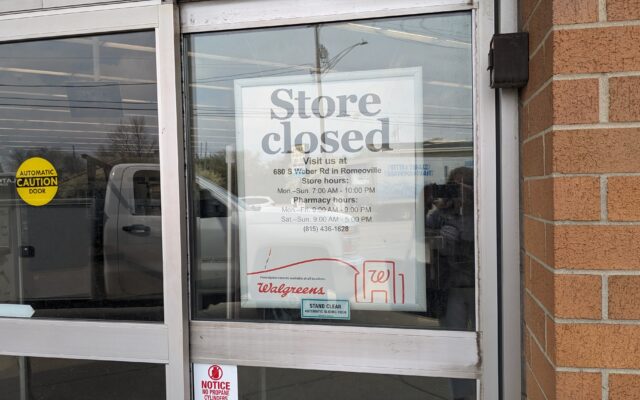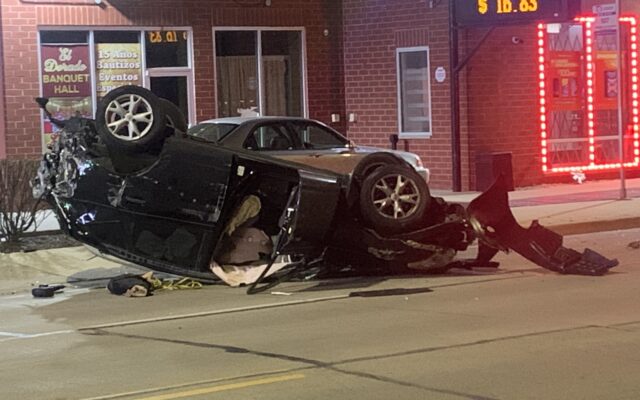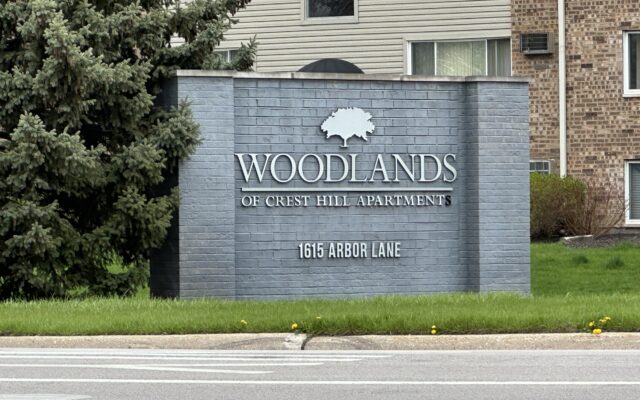A measure expected to be taken up at the statehouse when Illinois lawmakers return this week could change the state’s energy landscape.
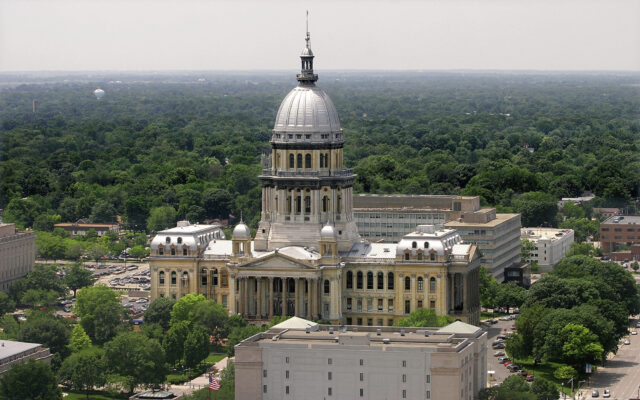
Illinois state lawmakers are back this week to continue the regular session and energy legislation is expected to top the agenda, but there could be some differences in what the governor wants versus what lawmakers actually pass.
Gov. J.B. Pritzker said earlier this month an energy deal is coming “to make sure that we’re expanding renewable in this state” to “fight climate change.”
“I have set out my principles and I’ve stuck with those principles,” Pritzker said. “So my hope is that we’ll end up with a good energy bill.”
One analysis shows that Exelon subsidiary ComEd may pay a $300 million fine over three years, something that may vary from the governor’s proposal.
ComEd last summer agreed to pay a federal fine of $200 million when the company admitted to a nine-year influence campaign with money and jobs for associates of former Illinois House Speaker Michael Madigan, D-Chicago. Madigan has not been charged with a crime and claims he wasn’t aware of any influence campaign.
But, nuclear power will get nearly $700 million over five years paid for by their customers.
Pritzker’s proposal will also close coal fire plants by 2035.
“We put forward, and the working groups put forward, it wasn’t just us, that by 2035 coal-plants would be closing,” Pritzker said.
Another analysis indicates language about air permit expirations which could lead to a more accelerated closure of some coal-fired plants because of greenhouse gas caps. There may be a variation between the governor’s proposal and what majority Democrats may offer in the Senate.
A different analysis of the proposal includes incentives for consumers to purchase electric vehicles with a $4,000 rebate driving toward a goal of 1 million electric vehicles on the road by 2030.
State Rep. Mike Murphy, R-Springfield, said he’s not an energy expert, but that’s going to compound energy demand.
“I know right now if you recharge your electric car in central Illinois you’re recharging it with coal,” Murphy told WMAY. “So you gotta have a way to be able to do that as well and that’s going to have even more demand on the grid.”
Murphy said it’s likely if coal-fired plants are shut down, downstate Illinois energy prices will increase and reliability will decrease.
There could also be a “new energy transition fee” on all customers costing $221 million per year, one analysis indicates. Another goal could be 100% clean energy by 2050 after a goal of 40% renewables by 2030.
State Sen. Steve McClure, R-Springfield, said what he’s seen isn’t good policy.
“When things are driven by ideology instead of by facts, that leads us to bad places, and that’s always been the case, it always will be the case. We have to look at the facts.”
Downstate lawmakers from both parties have raised concerns about increased costs, lost jobs and less energy reliability if coal-fired power plants are closed prematurely.
“These plants don’t just power our homes and businesses, they also power our local economies,” said Sen. Christopher Belt, D-Swansea. “Shutting them down decades before the end of their useful life and without adequate time to put in place new sources of power and train workers is a recipe for disaster.”
Any measure with an immediate effective day must pass with three-fifths of each chamber.
The Senate is in on Tuesday. The House is in on Wednesday. Aside from energy legislation, lawmakers can also take up unresolved issues that didn’t advance both chambers earlier this month.


